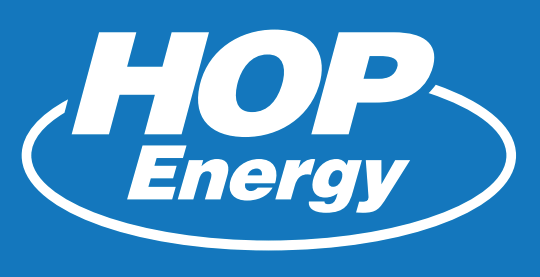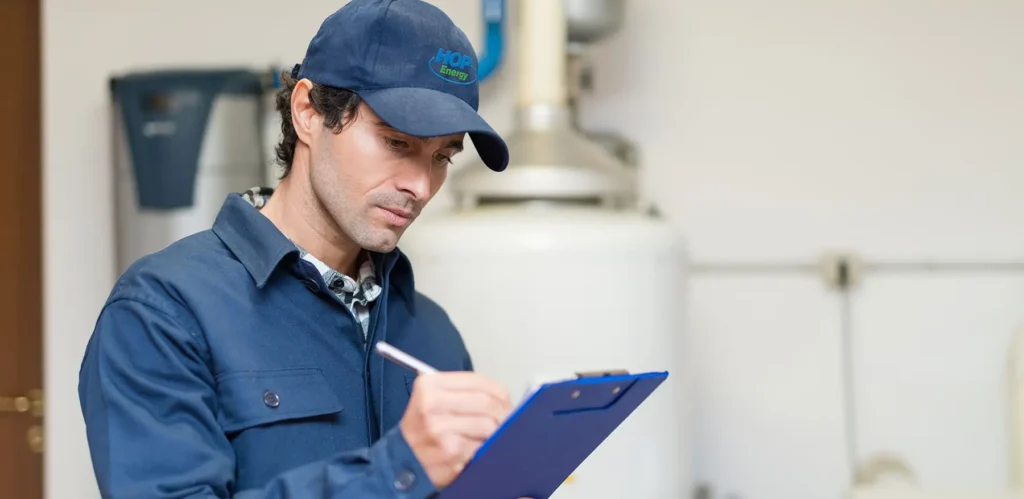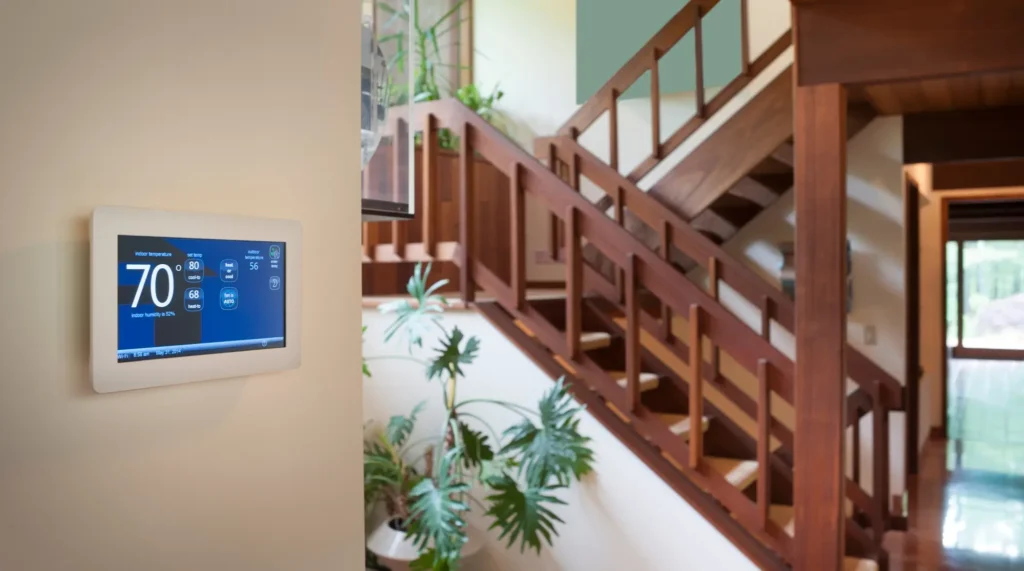Propane is widely recognized as an effective cooking fuel, favored for its ability to provide quick and precise heat adjustments. Its popularity extends beyond professional kitchens, appealing to home cooks for its efficiency and performance. This article examines why chefs prefer propane and the advantages it offers to everyday cooking enthusiasts.
Table of Contents
Advantages of Propane for Cooking
Propane is a preferred cooking fuel among professional chefs due to its superior control and consistency. Its ability to quickly adjust heat levels and evenly distribute heat across cooking surfaces makes propane ideal for high-performance culinary environments.
- Immediate Heat Control: Propane enables chefs to adjust cooking temperatures instantly, making it ideal for recipes that require precise heat management. This capability is especially important for achieving perfect sears on meats or maintaining delicate sauces at the right simmer.
- Consistent Heat Distribution: Unlike electric stoves, propane provides uniform heat across cookware, ensuring that foods cook evenly. This consistency is crucial for baking cakes or roasting vegetables, where uneven heat can lead to undercooked or overcooked spots.
Propane's Popularity Among Chefs
Propane’s popularity among professional chefs is driven by its superior heat control and reliability, essential for high-quality culinary results. Here’s a consolidated view of why chefs overwhelmingly prefer propane:
- Professional Preference: An impressive 96% of chefs choose gas cooktops over electric, valuing the ability to adjust the flame instantly. This instant control is critical for executing a wide range of dishes that demand precise temperature settings, from delicate sauces to perfectly seared meats.
- Chef Testimonials: Renowned chefs worldwide advocate for propane’s exceptional performance. For example, a Michelin-starred chef shares, “I love my propane cooktop. Because I have better control over the cooking temperature, I’ve become quite the gourmet chef, and my family loves it.” Such endorsements highlight propane’s impact on improving culinary skills and meal quality.
- Impactful Case Studies: Restaurants adopting propane report not just an enhancement in food quality but also significant operational benefits. A notable case is a well-known bistro in New York City that observed a 20% decrease in energy bills and improved customer reviews on the consistency and taste of their dishes after switching to propane. Another example involves a popular urban restaurant that saw reduced cooking times and energy costs, leading to greater customer satisfaction and operational efficiency.
Consumer Advantages of Using Propane
This section could be expanded to address better the diverse advantages propane offers to consumers, particularly emphasizing safety, reliability, and maintenance ease:
- Safety Features: Propane cooking appliances provide enhanced safety with visible flames that allow for easy monitoring and instant turn-off capabilities, reducing the risk of accidents. This immediacy is crucial in family homes, ensuring that flames are extinguished immediately once turned off, which helps prevent burns or other injuries.
- Superior Reliability: Propane appliances are known for their dependability and require minimal maintenance. Unlike electric stoves that may fail during power outages, propane stoves continue operating, making them invaluable in emergencies or rural areas where power interruptions are more frequent.
- Longevity and Maintenance: Propane appliances are not only built to last, typically serving reliably for 15 to 20 years, but they also offer convenience with minimal upkeep. Their durability makes them a cost-effective choice over the long term, further enhancing their appeal to consumers who prioritize function and financial wisdom.
- Cooking During Power Outages: Many propane cooktops can operate without electricity, ensuring that families can still prepare hot meals during power outages. This feature is particularly valued in areas susceptible to severe weather or unreliable electric power.

Environmental Considerations
Propane is a cleaner alternative to other fossil fuels, making it an environmentally friendlier choice for cooking. Here’s a closer look at its environmental benefits:
- Eco-Friendliness: Propane emits fewer pollutants and greenhouse gases than coal and oil. This makes it a better option for reducing your carbon footprint while maintaining high cooking performance.
- Sustainability Aspect: Using propane supports sustainable cooking practices. It burns cleaner and more efficiently, which minimizes waste and decreases the overall environmental impact of cooking processes. This is especially pertinent for chefs and consumers who prioritize eco-conscious living and cooking practices.
Economic and Practical Benefits for Consumers
Propane isn’t just a professional preference; it also offers significant advantages for home cooks looking for an economical and versatile cooking solution.
- Cost Analysis: Propane is often more cost-effective than electricity, especially in regions with expensive electric power. The higher efficiency of propane means faster cooking times, which translates to less energy used and lower utility bills.
- Versatility and Portability: Propane’s adaptability suits various cooking methods, from grilling outdoors to simmering stews indoors. Its portability also allows users to set up cooking stations anywhere, whether a backyard barbecue or a campsite cookout. It enhances its appeal to those who enjoy outdoor cooking or live in areas prone to power outages.
Safety and Compliance
Using propane safely and effectively requires adherence to specific guidelines and regulations. Here are essential safety tips and compliance information for propane users:
- Safe Usage Guidelines: Always ensure a qualified professional installs propane cooking equipment and is regularly maintained. Check connections for leaks using a soap and water solution; never use a flame. Keeping the cooking area well-ventilated is also crucial to prevent gas buildup.
- Installation and Regulations: Propane installations must comply with local safety regulations, which can vary by region. Users should know these regulations to ensure their cooking setup meets all legal requirements. Additionally, certified, and approved propane equipment is essential for safety and efficiency.
Conclusion
Propane is a top choice among professional chefs for its efficiency, control, and consistent cooking results, and it offers similar benefits to home cooks. With its cost-effectiveness, environmental advantages, and versatility, propane presents a compelling option for those looking to elevate their cooking experience. Embracing propane enhances the quality of meals and contributes to a sustainable and economically sound kitchen environment. Whether in a bustling restaurant or a home kitchen, propane is a reliable and superior cooking fuel.




